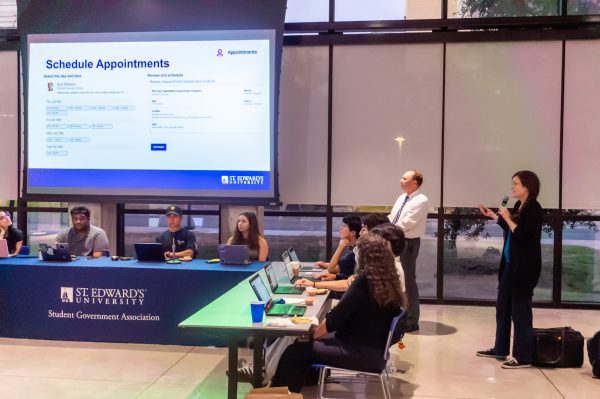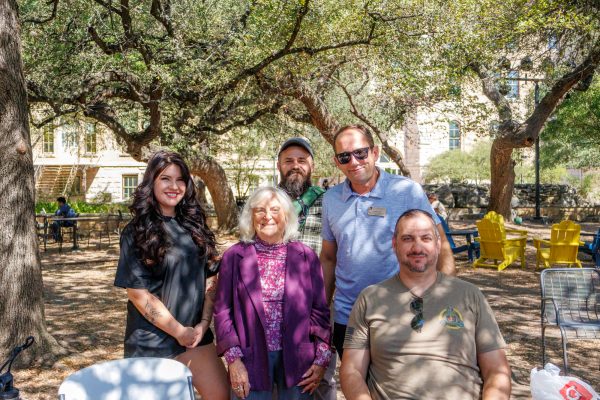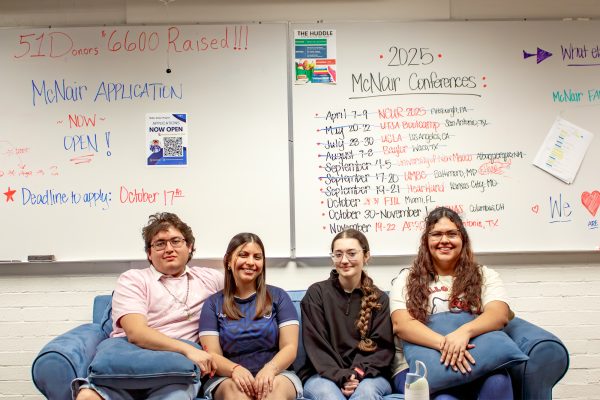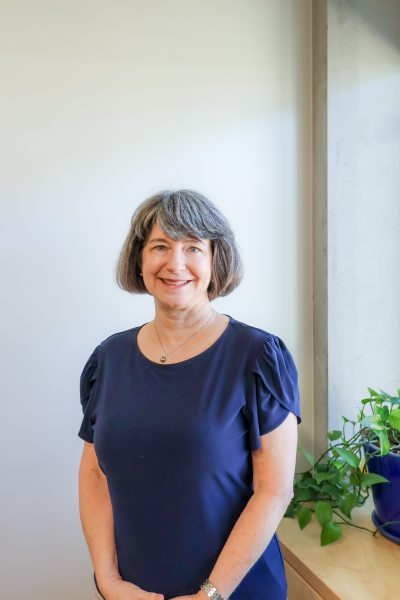12SEEDSOFPEACE
CAMP IN MAINE TEACHES YOUTHS TO MAKE FRIENDS WITH ENEMY, LITERALLY
For some, campus means the outdoors, campfires, and maybe some arts and crafts.
For Ja’afar Al-Tal, a St. Edward’s freshman and former camper at the summer camp in Maine called Seeds of Peace, it meant making friends literally with the enemy.
At Seeds of Peace, “You come face to face with people you grew up hearing killed your family, bombed your houses, and kicked people out of houses” said Al-Tal.
“Obviously it changed my life.”
Seeds of Peace is a nonprofit camp in Maine started in 1993 under co-founders John Wallach, a reporter, and clinical social worker Bobby Gottschalk. With campers from India, Pakistan, Egypt, Palestine, Jordan, and Israel, each year the camp brings together people from countries known to hold allegedly irreconcilable differences because of their histories of hate and violence.
The goal of the camp is to bring together young leaders from the different countries so, before taking on the issues between their countries, they can “get to know each others as human beings first” said Gottschalk.
Gottschalk came to the St. Edward’s campus last month as part of a series of programming sponsored by the Kozmetsky Center and Hilltop Leadership Development to speak about the nonprofit’s evolution over the last 21 years.
“Every country has their own way of teaching history” she said. Each camper “comes to Seeds of Peace with a story of one war after another and how their country prevailed.” Seeds of Peace teaches the campers that there are two sides to the story, both worth a listen.
Ja’afar Al-Tal, who attended the camp in the summer of 2009, grew up in Jordan hearing horror stories about Israel and what Israelis had done to displace Arabs. His grandmother, whose family was displaced in 1948 by the formation of the Israeli state, is just one of the stories he grew up hearing.
When Al-Tal came to the camp, his mind was on how the leadership experience would be reflected on his resume. He hadn’t thought about how it would actually be to finally come face to face with an Israeli, nevertheless how it would be to share a bunk with one, which he did on the first night of camp.
Both Gottschalk and Al-Tal echoed the same sentiments about the first week of Seeds of Peace’s yearly camp: uncomfortable. Everyone is slightly uneasy as supposed enemies learn not only to breathe the same air, but to sleep, eat, play, and share with one another.
As the camp progresses marked each day by a rotation of sports and daily activities, campers come to know one another, but the tensions are never forgotten.
For two hours every day of the three week camp, the campers are divided into small groups, made up of the countries in direct conflict with each other: Pakistanis are with Indians, Israelis with Palestinians and Jordanians.
In these “dialogue sessions,” counselors challenge the campers, teens from different sides of conflicts older than they are, to come to peace with their problems.
Al-Tal says he remembers feeling hopeless, as some yelled and screamed at one another, others stormed out, and all shared stories of how the “other side” had wronged them or someone they knew.
In one of Al-Tal’s dialogue sessions, a Palestinian took off his shirt to reveal scars from chemical weapons from Israeli soldiers in the Gaza War in late 2009.
“When you’re so accustomed to one story and you hear another, it’s a shock” said Al-Tal.
He said that though no one expected it, all the dialogue sessions at his camp ended well as all eventually came forward in an attempt to find common ground.
“As time went on, there were less and less things I felt I could blame them [Israelis] for” said Al-Tal. Relationships blossomed despite the intensity of the dialogue sessions, as campers discovered their commonalities. Al-Tal found himself making friends with the “enemy” in bonding over the 2009 Spanish World Cup Soccer team with an Israeli.
To this day, Al-Tal talks to a friend he has in Israel and keeps in touch with the other “Seeds” through Facebook and programming from local chapters of Seeds of Peace. The issues remain, but Al-Tal says now they know how to listen and dialogue with each other, recognizing the differences that underpins rhetoric like “freedom fighters” and “terrorists” and “Zionists” and Jews.
Not all have accepted the message he brought back with him – one friend back home called Seeds of Peace “brainwashing.”
Now in Austin and an International Business major at St. Edward’s University, Al-Tal hopes that more leaders ready to dialogue as he did in his time at Seeds of Peace will come into power and serve as role models in the conflicts of the Arab world.





